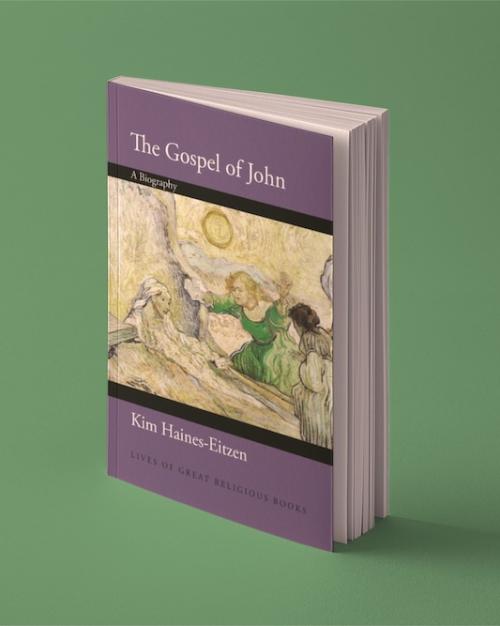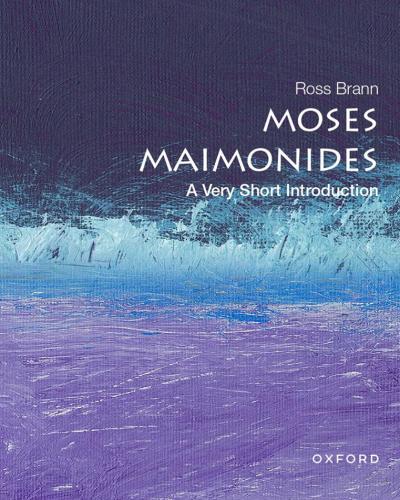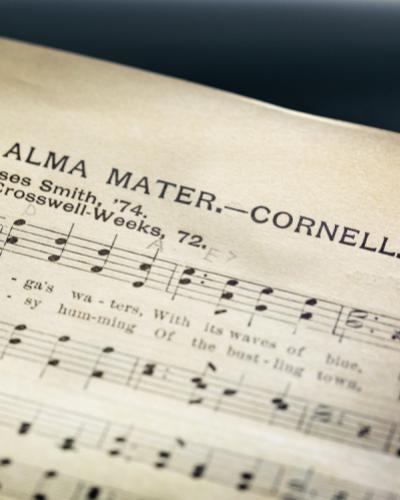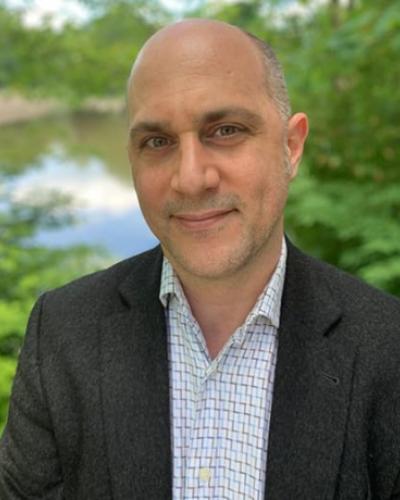The department welcomes Associate Professor Jason Sion Mokhtarian as a new faculty member this fall. He will teach a new course on Jews, Christians and others in late antiquity.
Dr. Mokhtarian received his Ph.D. from the University of California, Los Angeles, in 2011. He is a scholar of the Talmud in its Persian-Sasanian context. Professor Mokhtarian is the author of Rabbis, Sorcerers, Kings, and Priests: The Culture of the Talmud in Ancient Iran (University of California Press, 2015), which was a finalist for the National Jewish Book Award, and a forthcoming book entitled Medicine in the Talmud: Natural and Supernatural Remedies between Magic and Science. He is currently working on two book projects: the first is a study of the Aramaic incantation bowls from Sasanian Mesopotamia, and the second is a history of the Jews of Persia from antiquity to the present. His research and teaching interests include rabbinic literature, Iranian studies, ancient Jewish magic and medicine, religions of Iran, Judeo-Persian, and the history of the Jews of Persia.
New Course: Jews, Christians, and Others in Late Antiquity (NES 3888)
crosslisted: JWST/RELST 3888, JWST/RELST/NES 6888
This course explores the interactions between Jews, Christians, and other religious groups in late antiquity, especially in Sasanian Persia circa the first through seventh century C.E. Students pay particular attention to the portrayals of Christians in Jewish rabbinic literature, including Midrash and Talmud, but also draw from early Christian, Zoroastrian, Manichaean, and other sources. There will be an emphasis on the reading of primary texts in translation in their appropriate historical contexts, and in comparison with one another. Students engage such questions as: How did Jews define themselves in relation to Christians, and vice versa? In what ways did Jews and Christians part ways with one another, as scholars often maintain, and what were the factors at play in their separation? And, lastly, what role did other religious and political groups, such as Gnostics, Zoroastrians, Romans, Mandaeans, Manichaeans, and early Muslims play in these developments?





